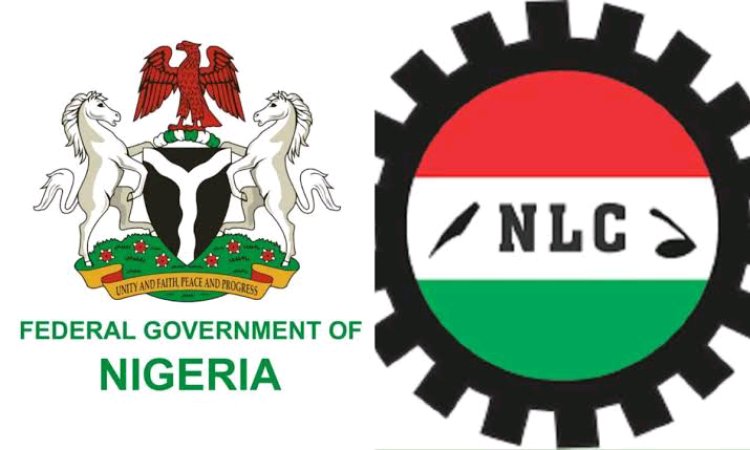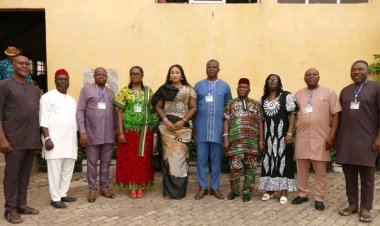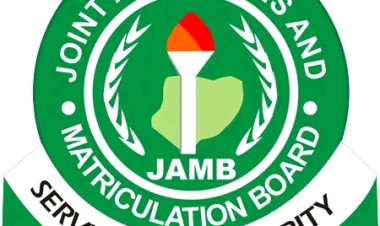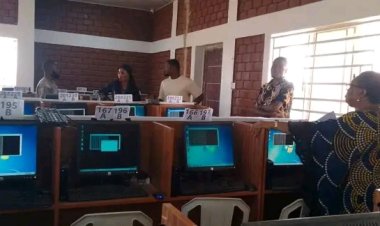Banks and Schools Join Nationwide Strike, Business Activities Witness Skeletal Services in Akwa Ibom
At the main entrance to the University of Uyo, town campus along Ikpa road, students reported that lecturers had joined the strike, leaving classes suspended.Transport operators and other service providers, including Point of Sale (POS) operators, however, remained unaffected by the strike.

Hundreds of bank customers were left stranded, and pupils from public schools wandered the streets as the strike led by labor unions, spearheaded by the Nigerian Labour Congress, began to impact economic activities in Uyo, Akwa Ibom State.
The strike also affected unions at the University of Uyo, leaving students unattended by lecturers.According to our correspondents who visited the banking district along Udo Udoma Avenue in Uyo, the state capital, all banks remained closed, leaving customers stranded.
READ ALSO:Nigerian Army University Biu Holds It's 6th Matriculation Ceremony
At the premises of Guarantee Trust Bank (GTB), a security guard informed customers that bank workers were not on duty, without further explanation.A similar scenario unfolded along Wellington Bassey Way, where Access Bank is located, with the entrance to the bank's premises blocked with 'No Parking' barriers.
At the main entrance to the University of Uyo, town campus along Ikpa road, students reported that lecturers had joined the strike, leaving classes suspended.Transport operators and other service providers, including Point of Sale (POS) operators, however, remained unaffected by the strike.
RECOMMENDED FOR YOU:Pure Water Seller With Stellar JAMB Score Earns University Scholarship
Policemen in police vehicles were stationed at strategic locations within the state capital, including the office of the NLC and the popular Ibom Plaza. Some residents expressed fears that if the strike persisted, it could worsen the current economic hardship in the state.
The strike was initiated following the failure of last-minute interventions by the National Assembly to prevent the nationwide strike, after a deadlock in negotiations between government representatives and labor leaders over a new National Minimum Wage.





